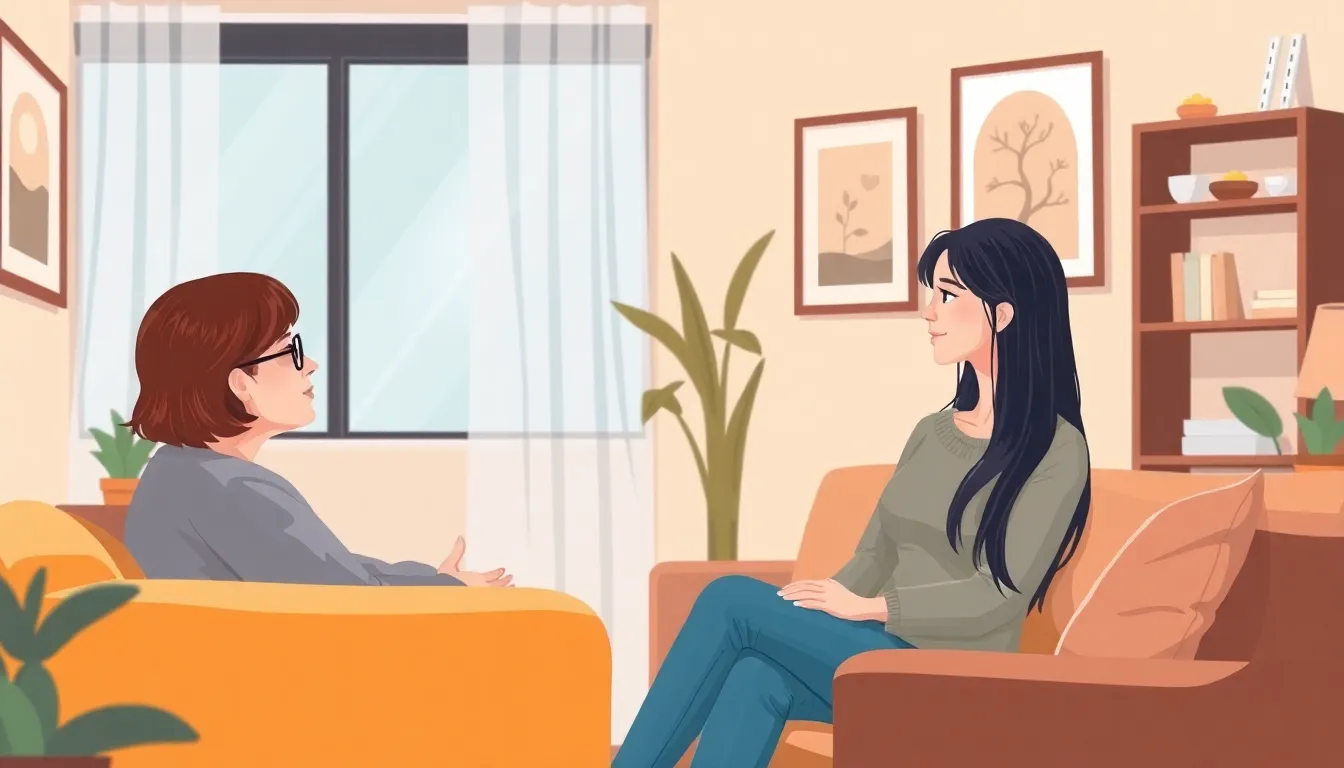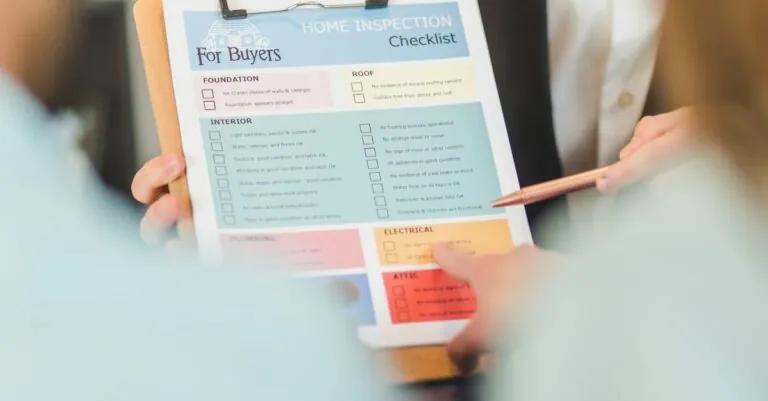Table of Contents
ToggleNavigating the twists and turns of relationships can feel like trying to assemble IKEA furniture without the instructions—frustrating and often confusing. Whether it’s communication breakdowns or the classic “I thought you meant this” moments, every couple faces challenges. That’s where relationship counseling steps in like a superhero with a therapy cape, ready to save the day.
Imagine having a seasoned guide to help you untangle the knots in your love life. With the right advice, couples can transform misunderstandings into moments of connection, turning arguments into laughter. So grab a cup of coffee and get ready to explore practical tips that’ll not only strengthen bonds but might even make you chuckle along the way. After all, who said relationship advice can’t come with a side of humor?
Understanding Relationship Counseling
Relationship counseling provides individuals and couples a supportive environment to address and resolve issues. It serves as a proactive step toward improving connections and rebuilding trust.
What Is Relationship Counseling?
Relationship counseling focuses on guiding couples through their difficulties. Trained professionals assist partners in navigating issues like communication breakdowns and emotional distance. Therapists use various techniques to help individuals express feelings and establish understanding. Couples often engage in structured sessions that emphasize mutual respect. This approach aims to foster a healthier relationship dynamic.
Benefits of Seeking Counseling
Seeking counseling offers multiple advantages for couples. Improved communication ranks as a primary benefit, helping partners articulate thoughts and feelings clearly. Enhanced conflict resolution skills emerge as another advantage, enabling couples to tackle disagreements constructively. Increased intimacy often follows, as individuals reconnect on emotional and physical levels. Stronger trust and commitment frequently develop, leading to a more fulfilling partnership. Overall, counseling helps individuals build a supportive foundation for lasting relationships.
When to Consider Counseling

Recognizing when to seek counseling can be crucial for relationship health. Early intervention often leads to stronger bonds and improved communication.
Signs That Counseling May Help
Frequent arguments signal potential underlying issues. If partners notice a consistent breakdown in communication, it’s a clear indicator that assistance may be needed. Emotional disconnect often grows over time, so couples shouldn’t overlook feelings of distance. Signs of resentment might reveal unresolved conflicts that require professional guidance. Additionally, if one partner feels unheard or unvalued, counseling can provide a safe space for expression and understanding.
Common Relationship Issues Addressed
Communication problems commonly arise in many partnerships. Misunderstandings about expectations can lead to frustration and confusion. Trust issues, stemming from past experiences or infidelity, often create significant barriers. Social pressures may also impact relationships, creating stress and affecting dynamics. Finally, differing life goals or values can create significant rifts. Addressing these issues through counseling fosters an environment for healing and rebuilding.
Finding the Right Counselor
Choosing a counselor involves careful consideration. It’s essential to select someone who aligns with a couple’s unique needs and goals.
What to Look For in a Counselor
Experience plays a crucial role in finding the right counselor. Look for professionals with specific training in relationship counseling and relevant certifications. Compatibility matters significantly; couples often feel more comfortable with counselors who share similar values or backgrounds. Communication style also influences the effectiveness of counseling; keen attention to how the counselor engages can indicate their suitability. Availability is another factor, as consistent sessions are vital for progress in therapy.
Questions to Ask During Initial Meetings
In initial meetings, asking the right questions builds confidence. Inquire about the counselor’s experience with specific relationship issues. Understanding their approach to counseling will clarify expectations during sessions. Discuss their methods for conflict resolution and communication improvement to see how they align with your goals. Ask about session frequency and duration to assess flexibility based on your schedule. Finally, explore their success stories to gauge the effectiveness of their strategies in real-world situations.
Tips for a Successful Counseling Experience
Successful counseling involves preparation and commitment. Couples can enhance their experience by focusing on specific elements.
Setting Goals for Therapy
Establishing clear goals maximizes the effectiveness of counseling. Couples should discuss their objectives together and align expectations for the sessions. Identifying specific issues helps prioritize focus areas and guide the conversations. Examples of goals might include improving communication or resolving trust issues. Tracking progress throughout sessions fosters accountability and adjusts strategies as needed. Committing to revisiting these goals ensures continued focus and commitment. When both partners understand their desired outcomes, they contribute positively to the counseling process.
Being Open and Honest
Openness and honesty form the foundation of effective therapy. During sessions, partners should express thoughts and feelings without fear of judgment. Sharing vulnerability encourages deeper connections and understanding. Misunderstandings often arise from unexpressed feelings, so it’s crucial to articulate concerns. Listening actively to each other fosters a safe space for dialogue. Transparency not only strengthens communication but also enhances trust in the relationship. When partners commit to being genuine throughout the process, they lay the groundwork for lasting change.
Investing in relationship counseling can be a transformative experience for couples facing challenges. By seeking professional guidance, partners can learn to communicate more effectively and resolve conflicts in a constructive manner. This proactive approach not only addresses immediate issues but also fosters a deeper emotional connection.
Choosing the right counselor is crucial for success. Couples should prioritize compatibility and openness to ensure a supportive environment. With commitment and preparation, counseling can lead to lasting improvements in relationships, making it a worthwhile journey toward a healthier partnership. Embracing this path can ultimately help couples build a stronger foundation for their future together.







